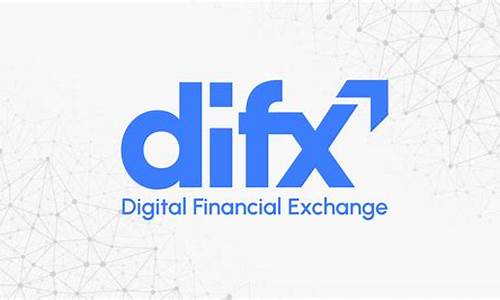
Digital currency, commonly known as cryptocurrency, is a type of virtual currency
that uses cryptography to secure and verify transactions. Unlike traditional
currency, which is issued and regulated by governments or financial institutions,
cryptocurrencies are decentralized and operate independently. In this article, we
will discuss the characteristics of digital currency and how it differs from
traditional currency.
One of the key features of digital currency is its decentralization. Unlike
traditional currency, which is controlled by central banks or government agencies,
cryptocurrencies are not tied to any physical entity. Instead, they exist on a
digital ledger called a blockchain, which is maintained by a network of users
who validate and record transactions. This decentralized nature makes it
difficult for any single entity to manipulate or control the currency.
Another characteristic of digital currency is its security. Cryptocurrencies use
cryptography to secure and verify transactions, making them resistant to
hacking and fraud. Transactions are recorded on a public ledger that is
immutable, meaning that once a transaction has been recorded, it cannot be
altered or deleted. This ensures that the integrity of the system is maintained,
and that all participants have access to accurate information about the
transactions.
Digital currency also has the potential to provide faster and cheaper cross-border
payments than traditional methods. Because digital currencies operate on a global
network, they can be used to make payments across borders without the need for
intermediaries such as banks or payment processors. This can reduce transaction
fees and processing times, making digital currency an attractive option for
international transactions.
Finally, digital currency is often associated with innovation and technology. The
development of blockchain technology, which underpins many cryptocurrencies, has
led to new advancements in areas such as supply chain management, voting systems,
and even healthcare. The use of digital currencies in these applications has the
potential to transform various industries and improve efficiency and transparency.
In conclusion, digital currency is a unique form of virtual currency that operates
independently and securely through a decentralized network. Its characteristics
of decentralization, security, speed, and innovation make it an attractive option
for individuals and businesses alike. While there are still challenges to be
addressed in terms of regulation and adoption, the future of digital currency looks
promising.







